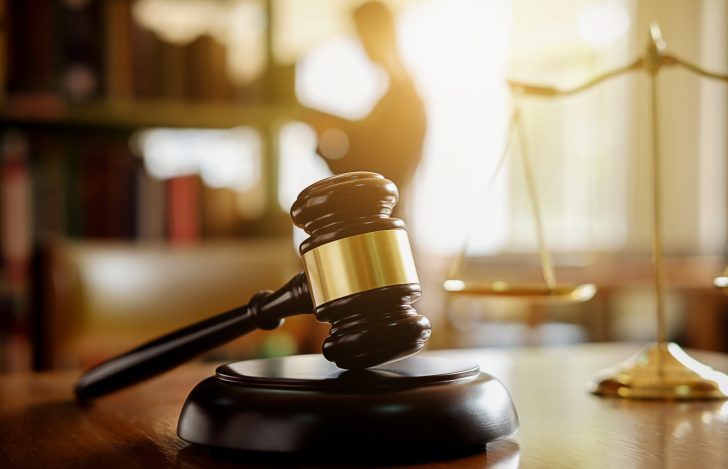The Relationship Between the Doctrine of Constructive Eviction and Uninhabitable Conditions

31Jan
The Relationship Between the Doctrine of Constructive Eviction and Uninhabitable Conditions
Sometimes you're evicted when you stop paying your rent. Or your landlord decides to take over your apartment and moves in. Other times, your landlord makes the living conditions so unbearable or unsustainable you can no longer live there. This is what is referred to as a constructive eviction. When this happens, the law gives tenants certain rights.
What are Habitable Conditions?
Under state law, every landlord must ensure that the property that they rent out to tenants must meet certain living standards and they must ensure that the property is maintained to fit these standards. Tenants must do their part as well by keeping their units clean and sanitary (disposing of all trash appropriately), using all utilities properly (electrical, gas, and plumbing fixtures), and using the unit in the way it was intending. For instance, a violation could be that you're operating a business at your residence.
Just because something is malfunctioning in your unit doesn't mean that you have experienced a constructive eviction. One of the first things to look at for a constructive eviction is the guarantee that the landlord provides for habitable conditions. Specifically, this includes the following conditions:
- Appropriate waterproofing of the walls and the roof
- Sanitary building and grounds, free from trash and pest infestation
- Plumbing that is well maintained and gas facilities that are up to code
- A water supply that consists of both cold and hot water
- Well maintained lighting
- Sufficient trash containers and dumpsters
- Well maintained floors, stairwells, and railings
- Appropriate locks, which include a dead bolt lock on each main entry door and window security for any window that is open
Determining if Constructive Eviction Exists
In assessing whether there is a constructive eviction, the specific facts of the case will determine whether it exists. While property suffers some wear and tear over time, (with features eventually wearing out), your landlord is responsible for fixing these problems as soon as you let them know. When you've made a request and it has been a reasonable length time for the landlord to have addressed the problem, and they ignore it, then there a few things that you can do.
Usually there's a certain time frame for when the repairs need to be completed, depending on the type of problem. But after it reaches a reasonable time and the property is not longer, habitable, your landlord has essentially evicted you. This is what is considered a constructive eviction.
How can you be sure if the situation is actually not habitable? Although each case is different and will depend on specific circumstances, you should use the requirements for a habitable condition as a guideline. And if it poses a serious risk to your health, then it usually applies. Generally, the most severe hazards involve your health and safety, including pest infestations and toxic mold. Or if there is a situation such that it presents a fire hazard to you, like non-functioning smoke detectors or exposed electrical wires.
What to Do in Case of a Constructive Eviction
- Contact your landlord again about the conditions in writing with a solution to the problem.
- Document (with photos/video) the issue.
- When landlord still refuses to do anything, follow up with them in writing with your departure date request for security deposit.
Talk to a Wolford Wayne Constructive Eviction Attorney
If you believe that you need help for a constructive eviction, you should talk to one of our Wolford Wayne skilled attorneys who can help you figure out your options. Whether you choose to move out and/or sue your landlord for the eviction, we can help. Contact us today.
Related Posts You Also May Like
Get Started
For more information or to discuss your legal situation, call us today at (415) 649-6203 for a phone consultation or submit an inquiry below. Please note our firm can only assist tenants residing in San Francisco, Oakland & Berkeley.





